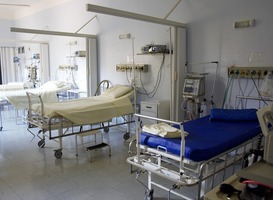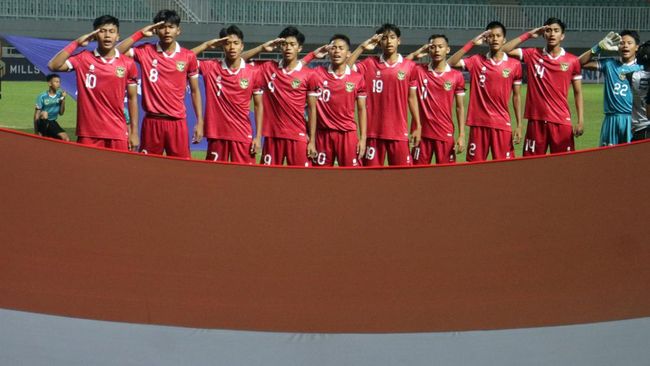Lymphedema is a common consequence of cancer treatment. Lymphatic fluid can accumulate in an arm or leg due to damage to the lymph nodes and / or lymph channels. Patients with lymphedema after cancer have severe impairment of fluid and protein accumulation in the arms or legs with pain, itching, skin defects and impaired movement. Patients often wear compression stockings throughout their lives. In addition to physical ailments, patients with lymphedema often also have psychological disorders and experience a lower quality of life. The standard treatment in the Netherlands is conservative treatment, usually aimed at relieving symptoms. Progression to a more severe form of lymphedema is usually not prevented. Often the patient is dependent on lifelong treatment.
Better quality of life
In some cases, lymphedema can be treated with LVA surgery. This treatment is an operation in which the damaged lymphatic vessels are connected to the blood vessels. This ensures that the lymphatic fluid is diverted. This reduces ailments, less conservative therapy is required, and the quality of life can improve dramatically. Research must now prove that the treatment works and is affordable compared to the current standard treatment, so that the treatment is reimbursed by the basic health insurance package.
Research
Research on the LVA operation is funded (worth € 1.6 million) by the Subsidy Scheme for Promising Care of the Zorginstituut and ZonMW. In addition to research costs, the money also finances health care costs. After all, the LVA intervention is not yet reimbursed by the basic insurance.
The research focuses on patients with cancer-related lymphedema of the arm or leg. The Promising Care Subsidy Scheme provides interim funding for treatments that look promising but are not yet reimbursed by the basic health insurance package. The Zorginstituut will use the research results to assess whether this treatment can be reimbursed for this patient group from the basic health insurance package.
Edited by: National Care Guide


